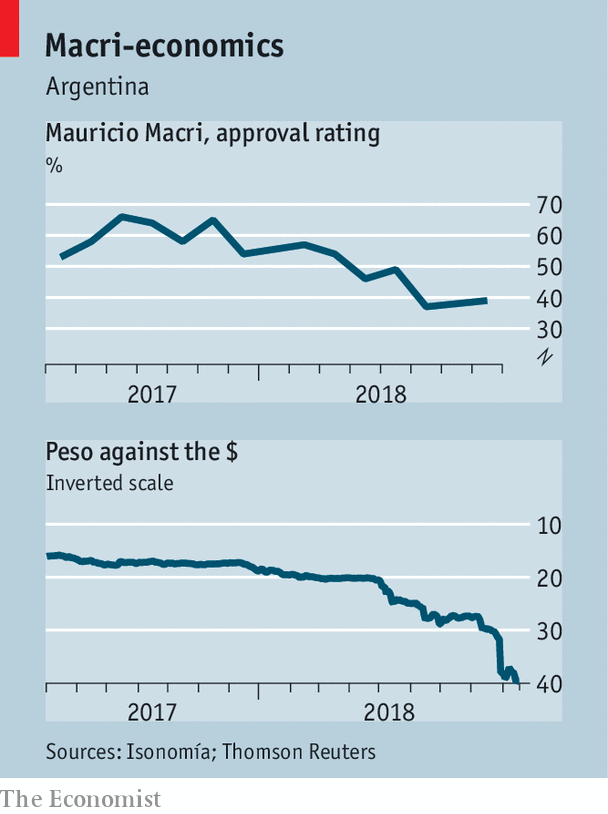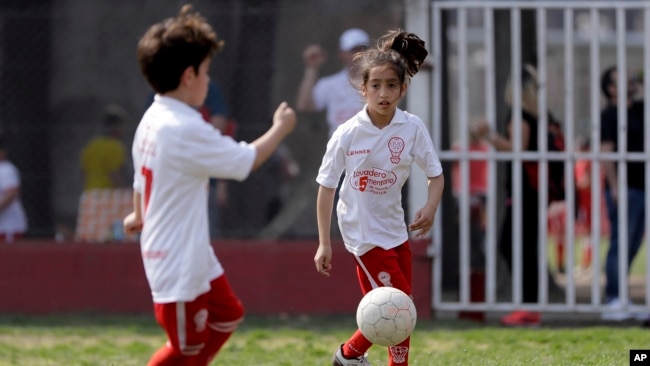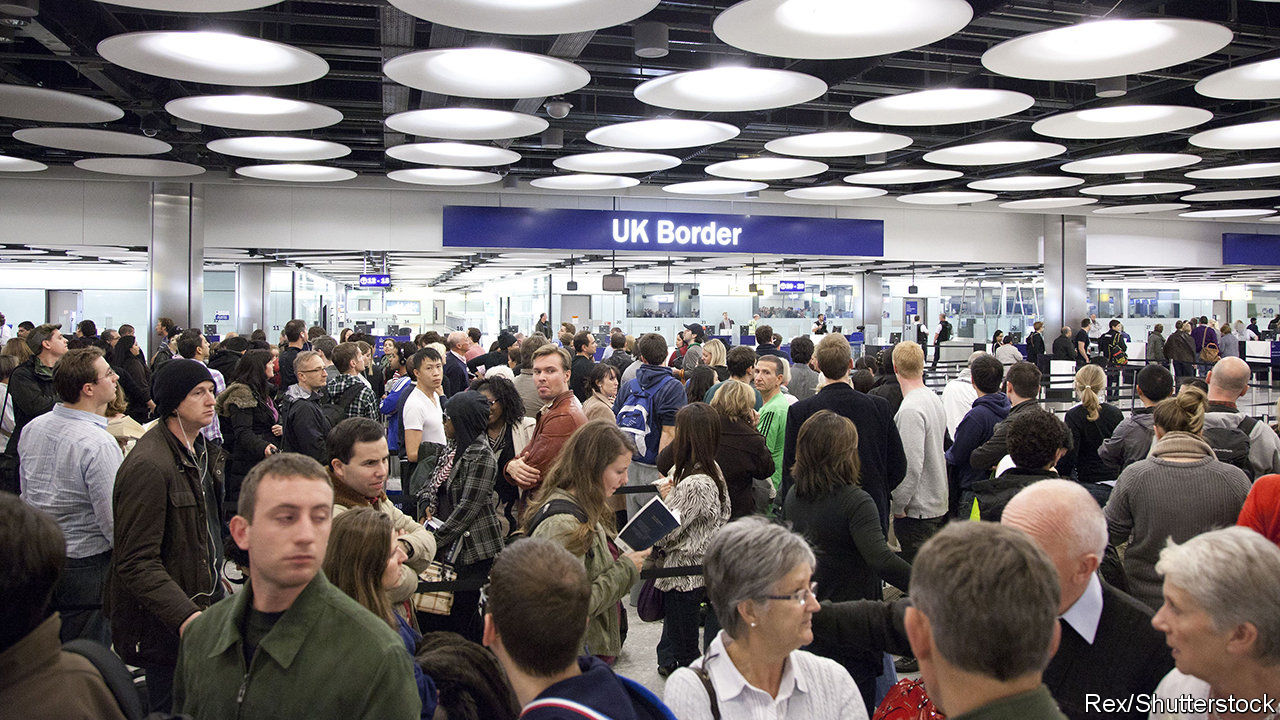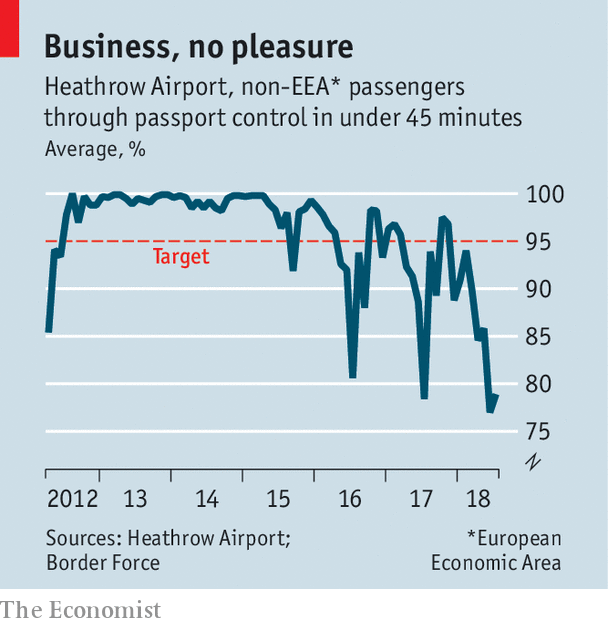
Shiru Cafe looks like a regular coffee shop. Inside, machines whir, baristas dispense caffeine and customers hammer away on laptops. But all of the customers are students, and there’s a reason for that. At Shiru Cafe, no college ID means no caffeine.
“We definitely have some people that walk in off the street that are a little confused and a little taken aback when we can’t sell them any coffee,” said Sarah Ferris, assistant manager Shiru Cafe's Providence branch, located near Brown University.
Ferris will turn away customers if they’re not college students or faculty members. The café allows professors to pay, but students have something else the shop wants: their personal information.
To get the free coffee, university students must give away their names, phone numbers, email addresses and majors, or in Brown's lingo, concentrations. Students also provide dates of birth and professional interests, entering all of the information in an online form. And if that seems a little invasive, Ferris said the students don’t seem to mind. She doesn’t think she’s seen a single customer refuse to give up the data.
I certainly didn't seem bother Nina Wolff Landau, a junior at Brown University. She’s studying environmental studies, which the café already knows. Landau said the data collected is easily accessible on LinkedIn or other websites with a quick Google search.
“Maybe I should have been more apprehensive, but everyone has your information at this point anyway," she said. "To give out my name and email and what I study does not seem so risky to me.”
So what does this café want the info for? Some of it gets provided to companies that pay to have their logos displayed in the store, according to the café's managers. The companies can also host recruitment sessions inside the café.
Owned by Japanese company Enrission, Shiru Cafe operates similar shops in Japan and India. In other locations, corporate sponsors have included big names such as Microsoft, Nissan, and Suzuki.
In response to a request for more information, Alex Inoue, Shiru Café's general manager, wrote in an email that the café does not give out data on specific students. But it does provide general, aggregate data such as student majors and expected graduation years.
Sitting at the Shiru Cafe location in Providence, Daniel Traver, environmental engineering student at Brown, said he thinks future corporate sponsorships will bring in more career-focused students and more controversy.
“I think there will be some sort of pushback, I think a lot of people could be against some of those sponsors,” Traver said.
But, corporate connections aside, should students should be more wary of giving up so much personal information? Nicholas Tella, director of information security at Johnson and Wales University, was a little more skeptical than the customers inside Shiru Café.
“If they’re giving you something for free, this data that’s being collected, for any vendor, there seems to be more value in the data than in the product,” Tella said.
Right now, Shiru Café in Providence doesn’t have any sponsors. Assistant Manager Sarah Ferris said the student information she and her staff are collecting will be used to narrow down the companies the café will bring on as sponsors. She said the student data is securely held and will not be sold to third-party companies.
“They’re very good about keeping everyone’s information close. They don’t sell it, they don’t do anything of that sort,” Ferris said.
The Providence location is the only Shiru Cafe currently operating in the U.S. But the company hopes to open up more cafés near Amherst College, Harvard, Yale, and Princeton. For now, customers in Providence can enjoy the free coffee—after surrendering a few personal details, of course.




























